Quiz History
Last Updated:
Are you a history buff? Our quizzes are for you! Test your knowledge of the great historical periods, landmark events, famous people and civilizations that have shaped the world as we know it today.
Our history quizzes are a fun and educational way to relive key moments in human history. With a varied selection of questions, you can test your knowledge on topics ranging from antiquity to the 21st century, including the Middle Ages, the Renaissance, industrial and political revolutions.
Do you know who signed the U.S. Declaration of Independence? Do you know the dates of major battles such as Hastings and Waterloo? Can you identify iconic figures such as Napoleon, Cleopatra and Martin Luther King? Our history quizzes are designed to help you answer all these questions while enriching your historical knowledge.
As you explore our history quizzes, you’ll discover fascinating anecdotes, little-known facts and striking details about the events and characters that changed the course of history. Whether you’re a history buff, a student or simply curious, our quizzes are an interactive and entertaining way to test your knowledge and learn more about the events that have shaped the world.
Test your knowledge and travel through the ages with our history quizzes!
Test your knowledge of history with our quizzes. Whether you’re an amateur or a true enthusiast, our quizzes will offer you a challenge adapted to your level.
Compare yourself with other history buffs and find out where you stand among connoisseurs of the great historical periods. Each question is an opportunity to learn and deepen your knowledge.
Our history quizzes are not simple knowledge tests, but interactive learning tools. Each question is accompanied by detailed explanations and interesting facts about key events, characters and eras.
By answering the questions, you’ll enrich your general knowledge and develop a better understanding of the past. Use our quizzes to explore new historical periods, discover fascinating anecdotes and strengthen your knowledge of world history.
history
/ 10
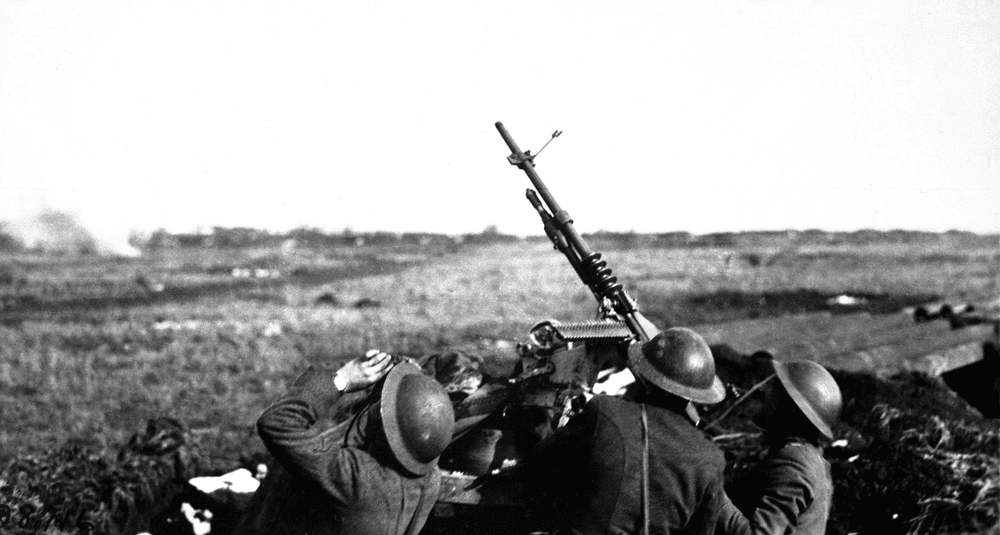
Which American president officially declared war on the German Empire in 1917?
2Woodrow Wilson
1Theodore Roosevelt

🙌 Good answer
It was Woodrow Wilson, President of the United States, who officially declared war on the German Empire on April 6, 1917, during the World War I.
Next question

😞 Wrong answer
It was Woodrow Wilson, President of the United States, who officially declared war on the German Empire on April 6, 1917, during the World War I.
Next question
history
/ 10
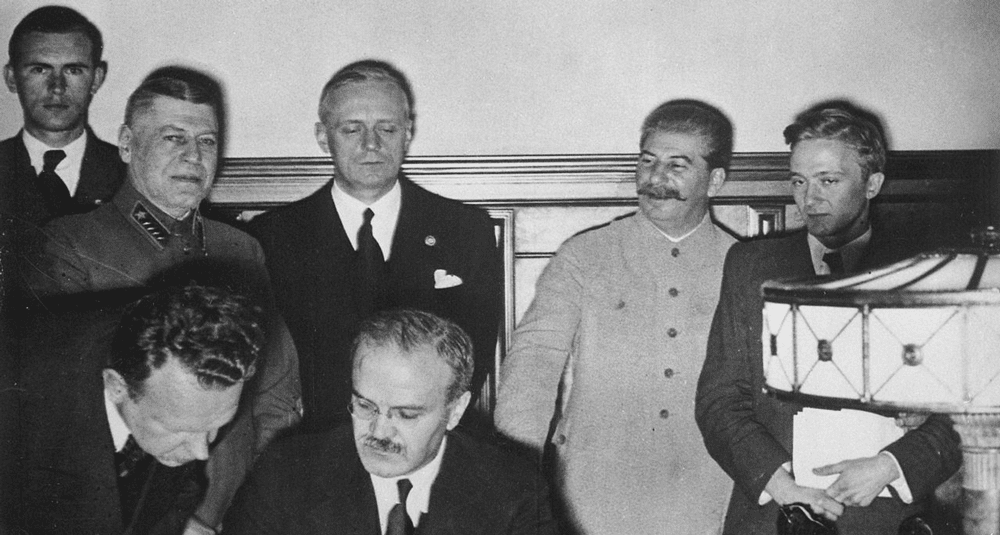
Where was the 1939 Molotov–Ribbentrop Pact signed?
2Moscow
1Berlin

🙌 Good answer
The German-Soviet Pact is a non-aggression treaty between Germany and the Soviet Union, signed in Moscow on August 23, 1939.
Next question

😞 Wrong answer
The German-Soviet Pact is a non-aggression treaty between Germany and the Soviet Union, signed in Moscow on August 23, 1939.
Next question
history
/ 10

When was the Berlin Wall erected?
21961
11951

🙌 Good answer
The Berlin Wall was erected in 1961. It symbolized the division between East and West during the Cold War. It fell in 1989, marking the end of that period.
Next question

😞 Wrong answer
The Berlin Wall was erected in 1961. It symbolized the division between East and West during the Cold War. It fell in 1989, marking the end of that period.
Next question
history
/ 10
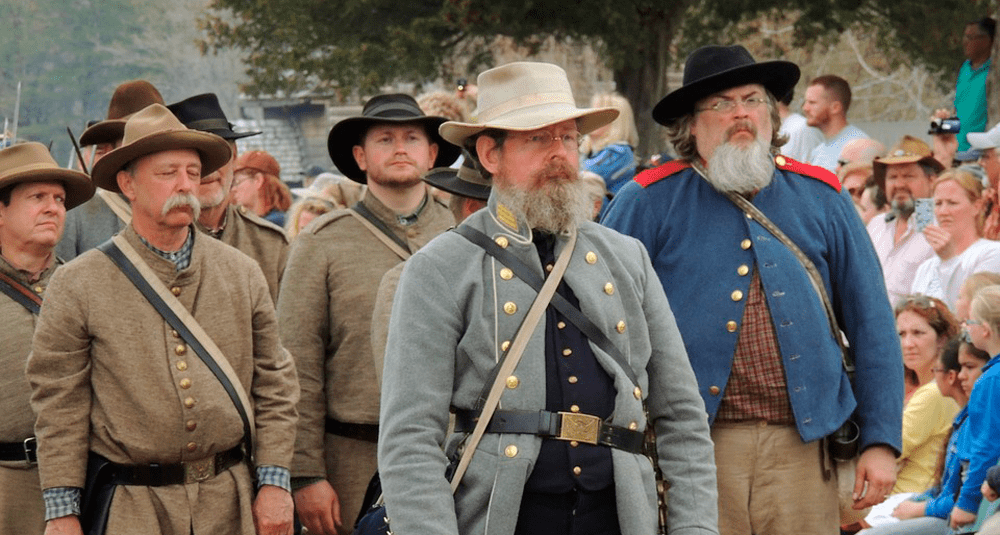
Which soldier is General-in-Chief of Confederate armies?
2Robert E. Lee
1Ulysses S. Grant

🙌 Good answer
Robert Lee is first the commander of the Virginia Armed Forces and then Chief General of the Confederate State Army.
Next question

😞 Wrong answer
Robert Lee is first the commander of the Virginia Armed Forces and then Chief General of the Confederate State Army.
Next question
history
/ 10
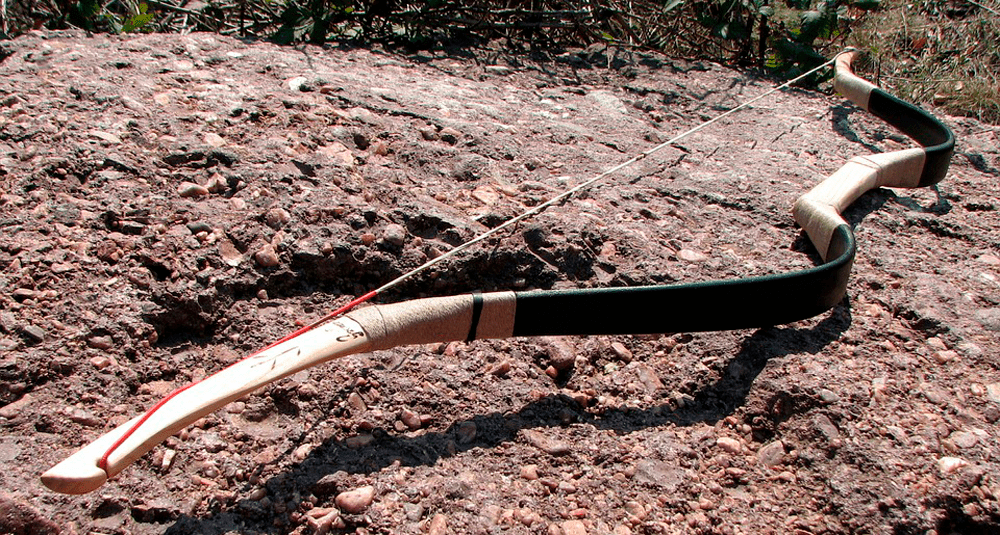
When did the Huns of Attila invade Roman Gaul?
2451
1351

🙌 Good answer
Attila's Huns invaded Roman Gaul in 451 AD, culminating in the Battle of the Catalaunic Fields.
Next question

😞 Wrong answer
Attila's Huns invaded Roman Gaul in 451 AD, culminating in the Battle of the Catalaunic Fields.
Next question
history
/ 10

What is Plato's real name?
1Aristocles
2Diotima

🙌 Good answer
Plato's real name was Aristocles. This nickname, which means “large” in Greek, is said to have been given to him because of his imposing forehead or build.
Next question

😞 Wrong answer
Plato's real name was Aristocles. This nickname, which means “large” in Greek, is said to have been given to him because of his imposing forehead or build.
Next question
history
/ 10
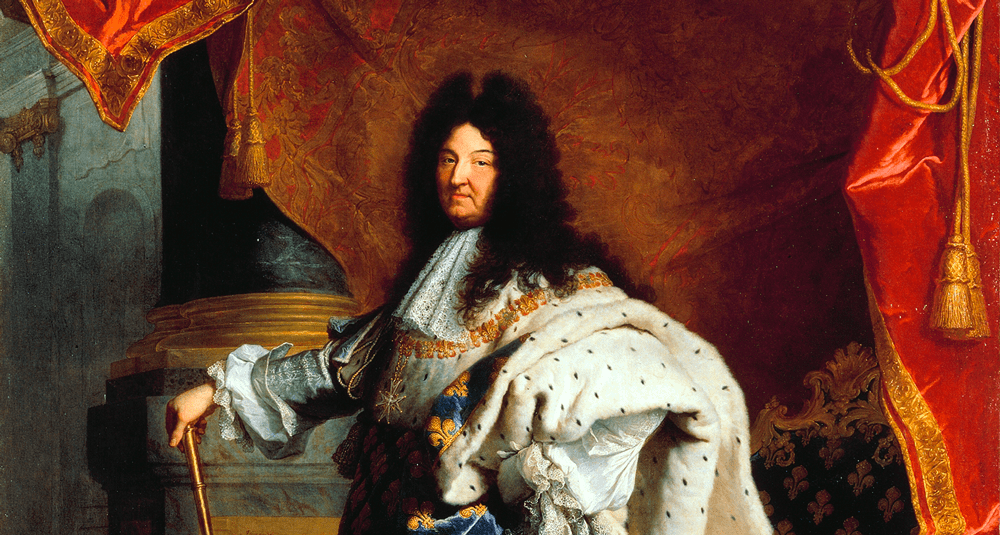
How old was Louis XIV when he became king?
15 years old
213 years old

🙌 Good answer
Louis XIV became King of France at the age of 5, in 1643, on the death of his father, Louis XIII. His mother, Anne of Austria, assumed the regency.
Next question

😞 Wrong answer
Louis XIV became King of France at the age of 5, in 1643, on the death of his father, Louis XIII. His mother, Anne of Austria, assumed the regency.
Next question
history
/ 10
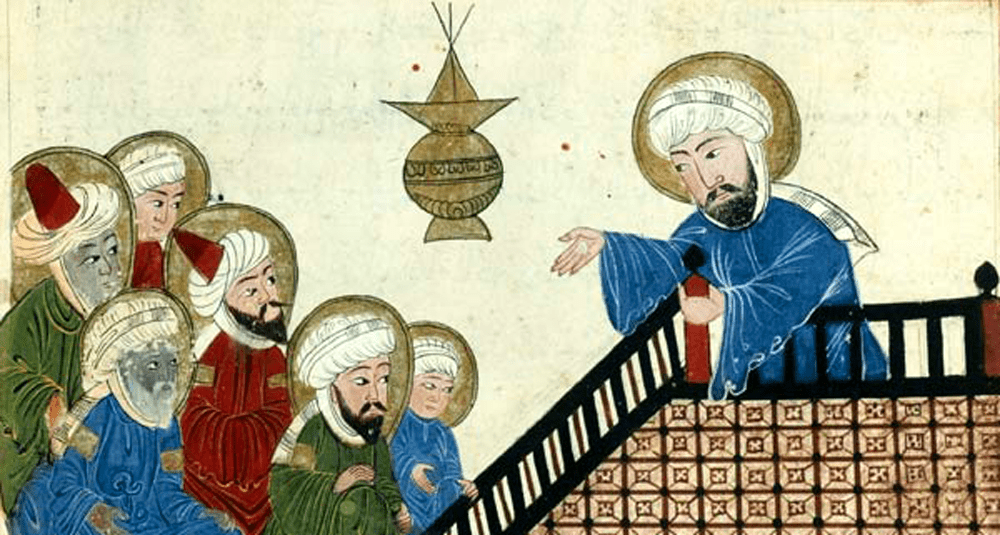
In 622, during the Hegira, in which city did Muhammad take refuge?
1Medina
2Mecca

🙌 Good answer
The Hegira refers to the emigration of the Prophet Muhammad from the city of Mecca to the city of Medina in 622.
Next question

😞 Wrong answer
The Hegira refers to the emigration of the Prophet Muhammad from the city of Mecca to the city of Medina in 622.
Next question
history
/ 10
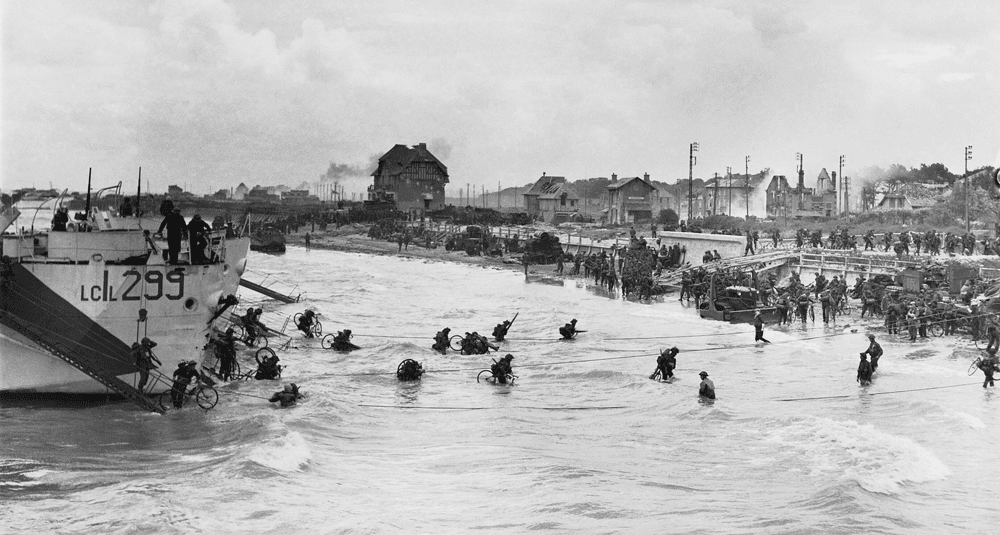
Which troops landed at Juno Beach on June 6, 1944?
2British and Canadian
1American and British

🙌 Good answer
On June 6, 1944, during the Normandy landings, the 3rd Canadian Infantry Division and the 2nd Canadian Armoured Brigade landed on Juno Beach, supported by British commandos.
Next question

😞 Wrong answer
On June 6, 1944, during the Normandy landings, the 3rd Canadian Infantry Division and the 2nd Canadian Armoured Brigade landed on Juno Beach, supported by British commandos.
Next question
history
/ 10
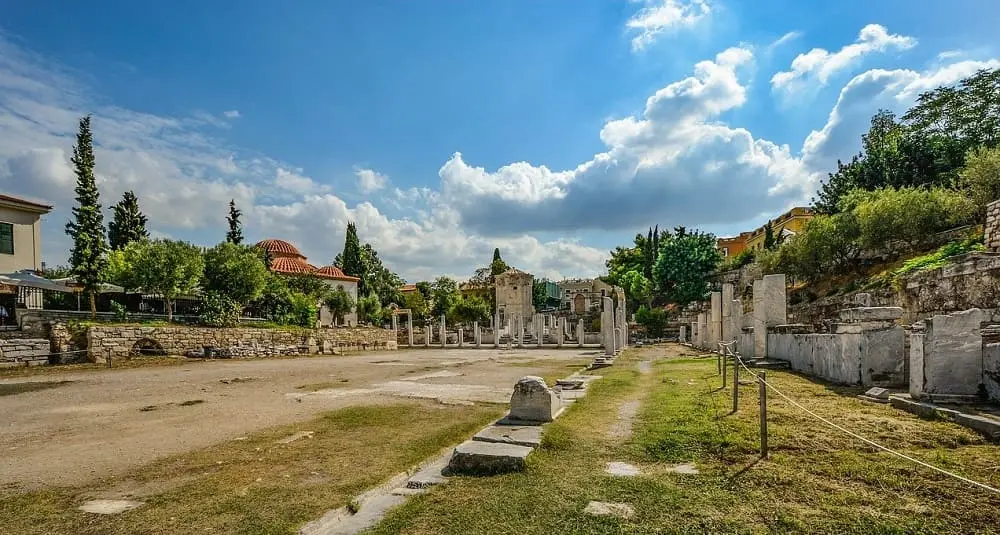
What's the difference between the Acropolis and the Agora?
2Temple and market
1Two different temples

🙌 Good answer
The Acropolis is a fortified hill housing sacred temples, while the Agora is a public square at the heart of the city, dedicated to political, commercial and social activities.
Next question

😞 Wrong answer
The Acropolis is a fortified hill housing sacred temples, while the Agora is a public square at the heart of the city, dedicated to political, commercial and social activities.
Next question




